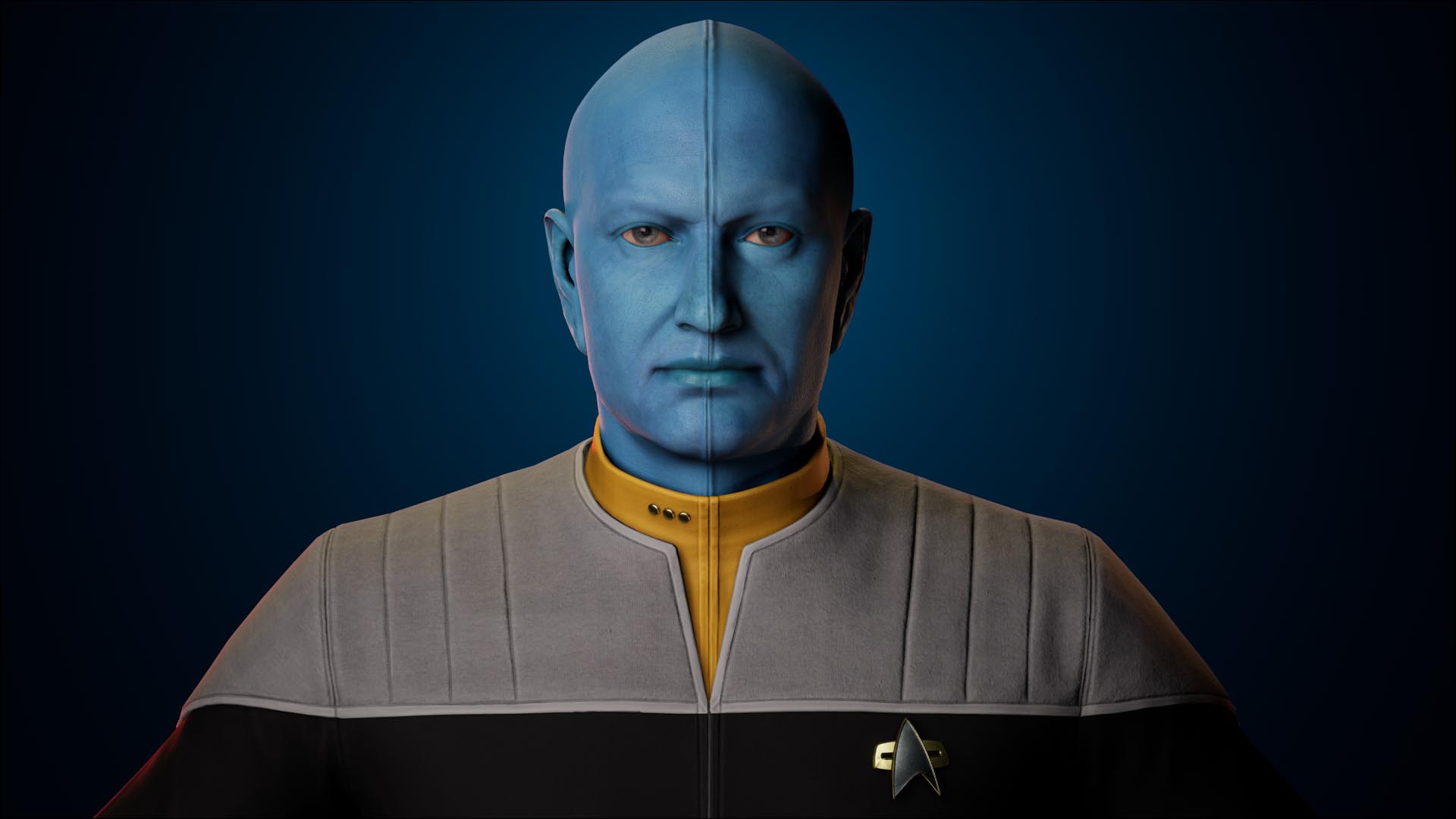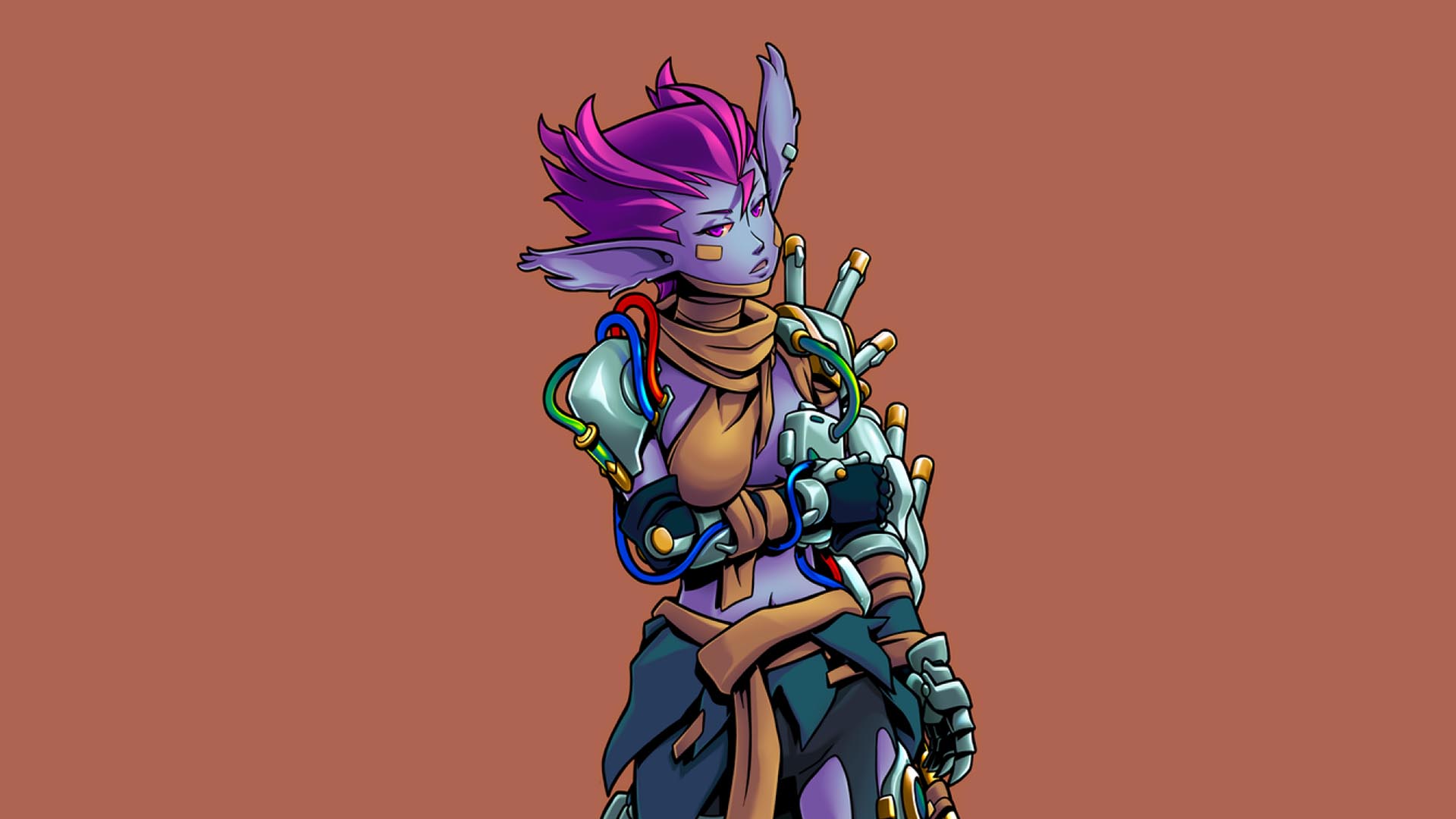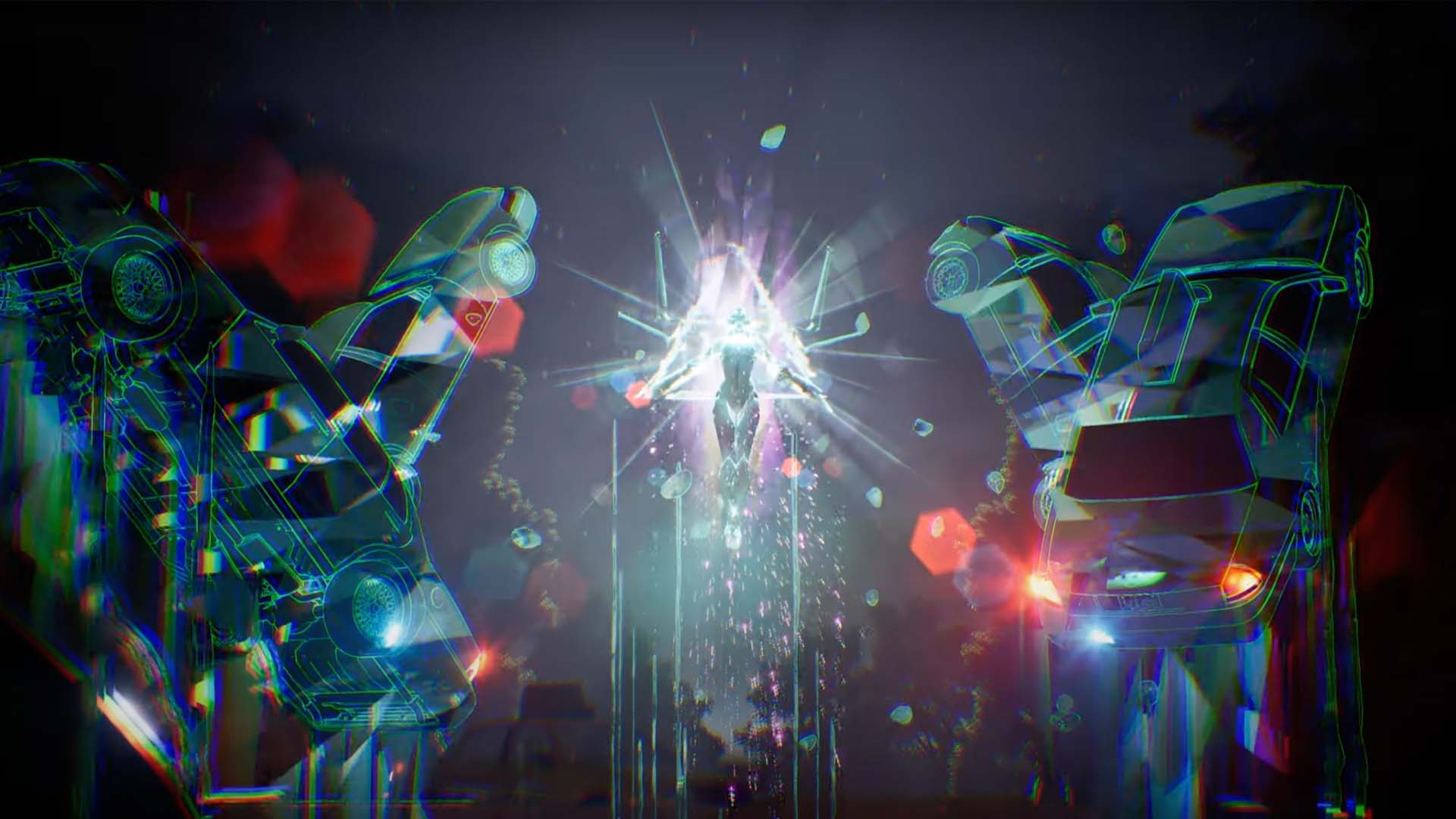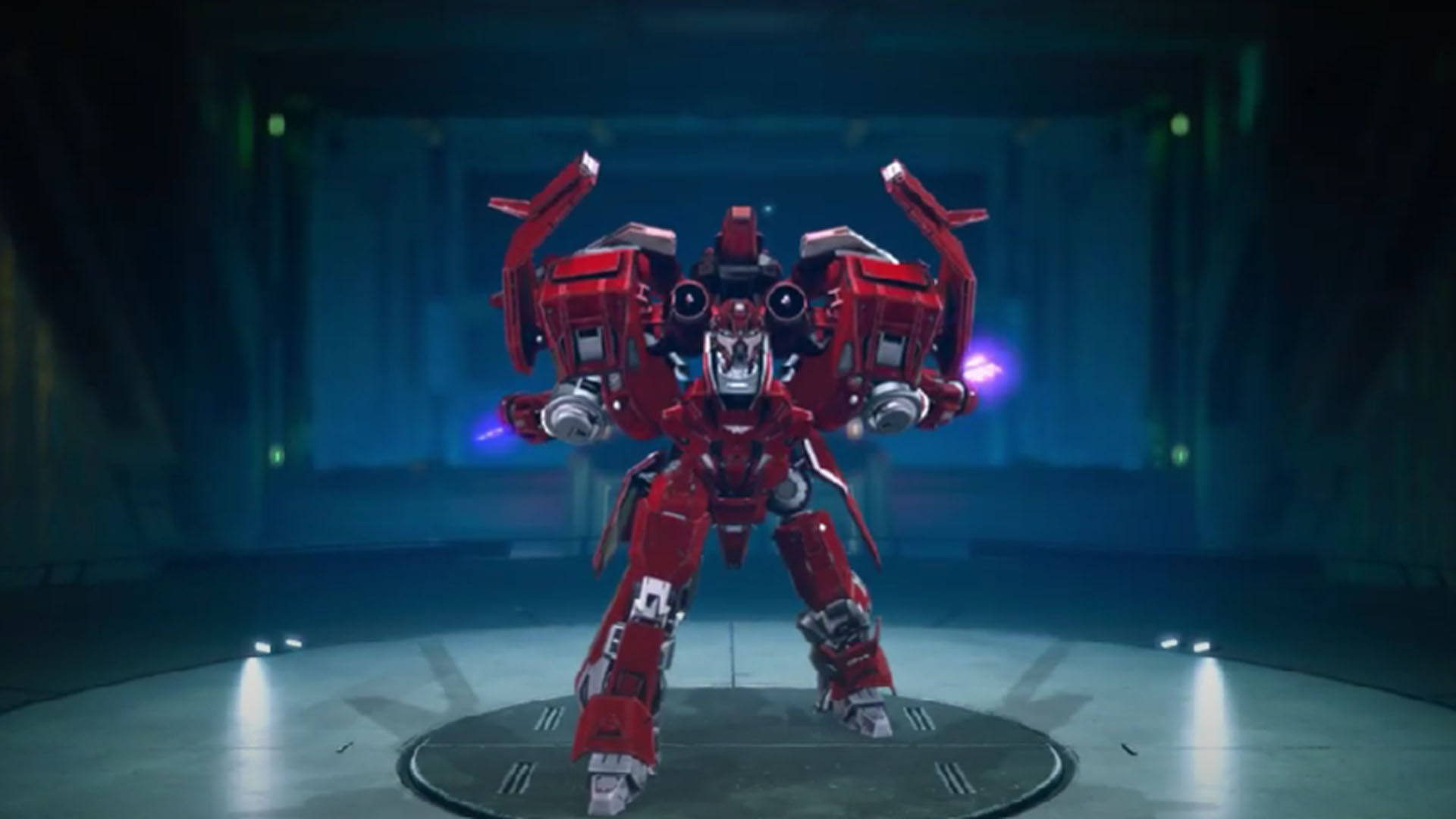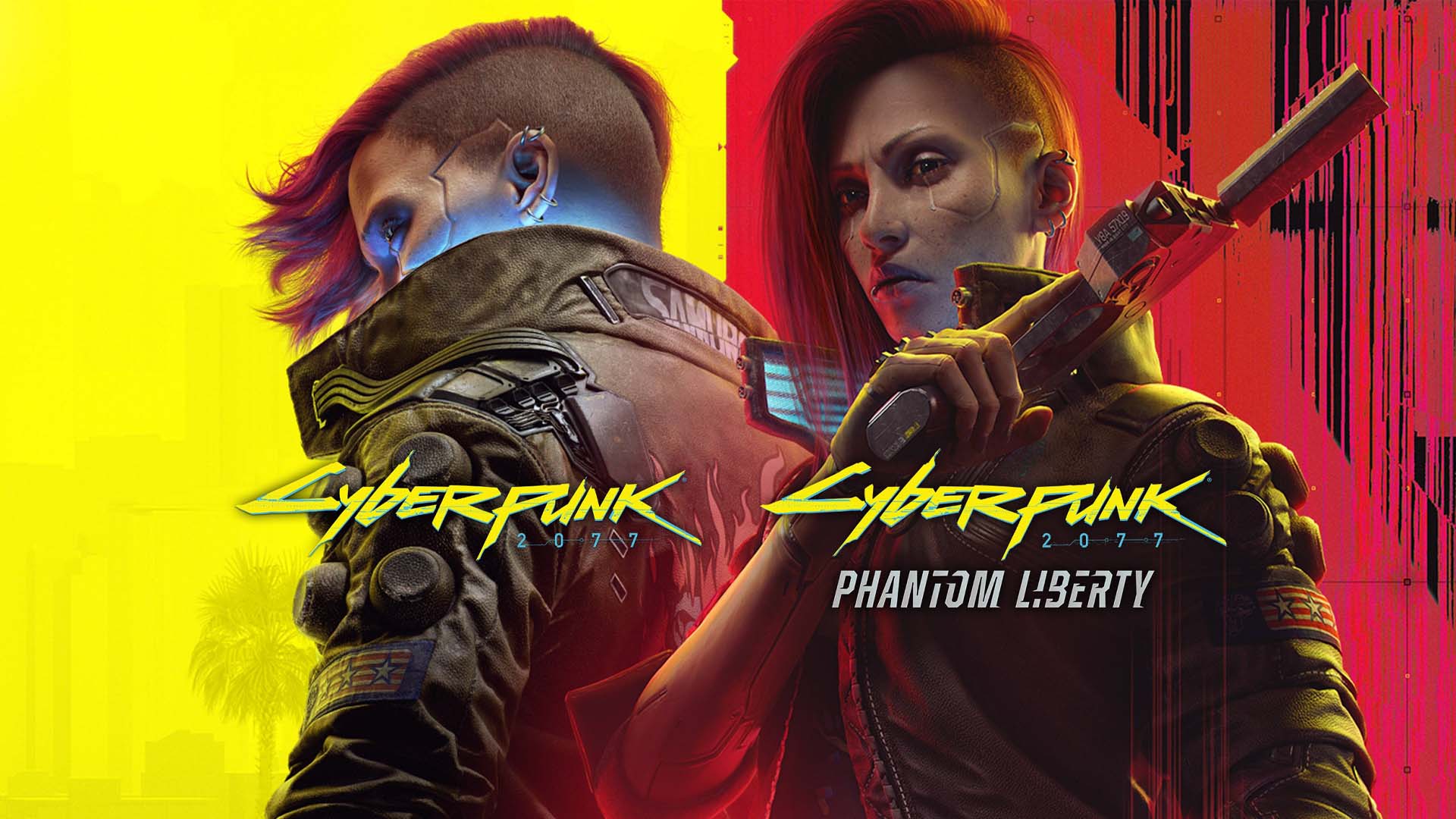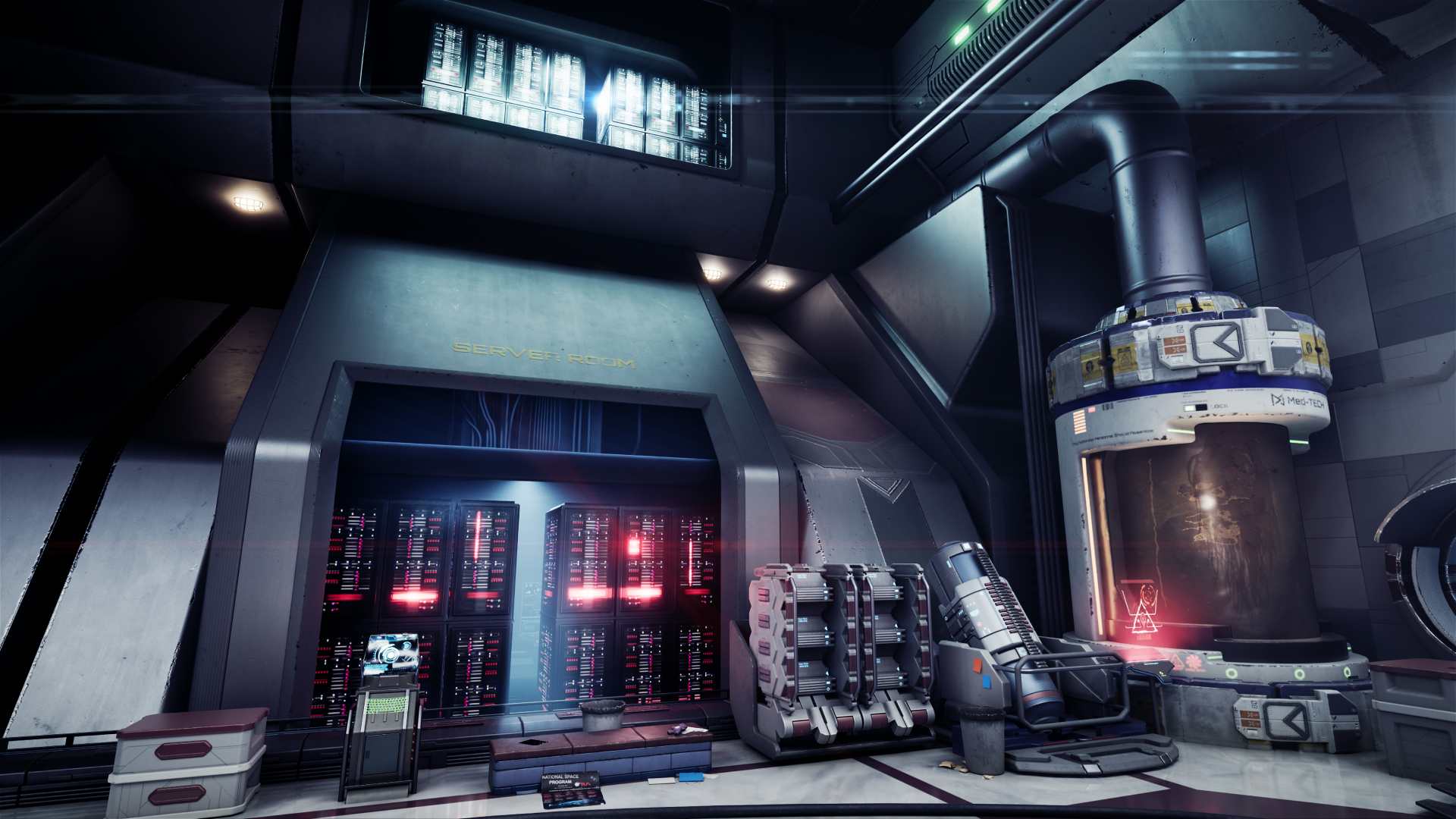Game remakes, game porting, and game remasters are various methods of bringing existing games to new audiences. Despite these processes being similar in their end goals, their approaches to bringing existing games to new audiences couldn’t be more different.
Remastered games, game remakes, and ports are nothing new in the gaming industry, and, if anything, their popularity has skyrocketed in recent years as developers and publishers seek to double down on existing properties and present existing games to players in fresh and novel ways. At Magic Media, we have extensive experience working on projects of these kinds, and critically, we understand when and how to execute them to fulfill their potential.
Games Remakes and When to Create Them
Game remakes involve recreating an original game from the ground up, featuring completely new code, visuals, concept art, and more. More often than not, game remakes tend to be faithful to the original game in that they follow the same art direction, core mechanics, and story. Though this is generally the case, some exceptions, both big and small, exist, such as Demon’s Souls 2020 remake being faithful to the original game while changing some character designs.
From a technical perspective, game remakes are more demanding than a game remaster or game porting. The nature of remakes necessitates building a new game based on the original game from the ground up, so they are effectively full-cycle game development projects, albeit based on an existing product.
Paramount to the success of game remakes is knowing when to make them. According to studies, the best time to release a game remake is between 10 and 20 years after the original game’s release, with few games outside of this time range achieving success. Key to the success of game remakes is hardware and technological advances that can allow a remake to make significant additions that were previously impossible for the original game. The study suggests that game remakes released less than 10 years after the original could be seen as providing little added value, whereas remakes released more than 20 years after the original could fall into the category of retro gaming despite being technically new.
Putting Together a Game Remaster
Where a remake involves building a new game in the mold of the original game, a game remaster can be considered an enhancement rather than an overhaul. Developers working on a game remaster will primarily be concerned with introducing technical upgrades, such as improving frame rate and resolution, rather than introducing new content. With that said, it’s not uncommon for developers to improve game mechanics, add new in-game items, and introduce quality-of-life changes to the game.
Though not as technically demanding as game remakes, developing a game remaster requires diligent work. In addition to the expected visual and technical improvements, game remasters often launch on new hardware, most notably, new consoles as was the case with The Last of Us Remastered and God of War III’s remaster. This entails brand-new hardware for developers to get to grips with in addition to making enhancements to the game.
In contrast to releasing game remakes 10–20 years after the original release, a game remaster will generally perform better when it launches under five years after the original version’s launch. Data attributes this to increasing the game’s accessibility and coverage, often on new consoles, while the original release remains perfectly viable.
How Game Porting Differs
Game porting is different from game remakes and remasters, though often associated with these processes. Game porting is the process of bringing an existing game to a new platform or set of platforms. This is a ubiquitous practice in the gaming industry, where it’s common for games to be ported to maximize their audience on new platforms.
Among the technical challenges of game porting is developers optimizing the title for new platforms, which includes rigorous testing, adjusting in-game assets as required, and taking advantage of the destination platform’s unique features. For example, porting to mobile platforms from console and PC will often require adjusting in-game assets to be lower quality so the game runs smoother on mobile devices.
Sometimes, game porting can facilitate remastering as well. The cult PlayStation 2 classic Ico was ported to PS3 in 2011 but it also benefited from updated HD visuals, making it a remaster in addition to a port as it is the same base game that was initially released in 2001. Despite this intermingling of game development processes, the definitions of game remakes, game remasters, and game porting remain distinct.
Magic Media is a one-stop shop for all your gaming, entertainment, and tech project needs. We boast dozens of expert services including full-cycle game development, game porting, co-development, and much more. Contact us today, and let’s create magic!

